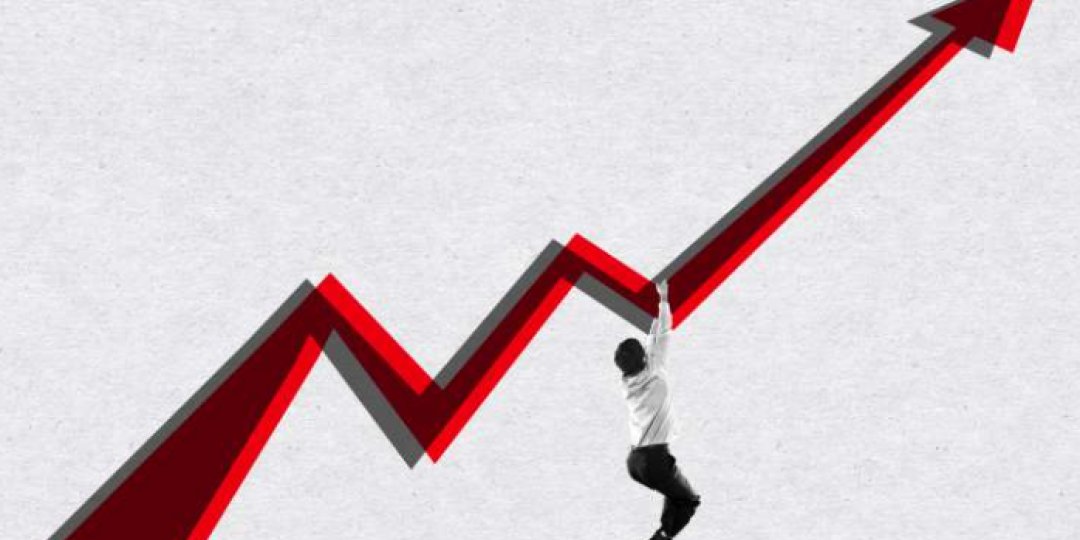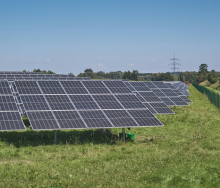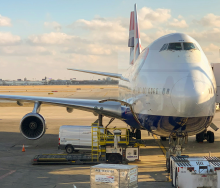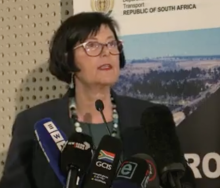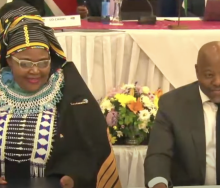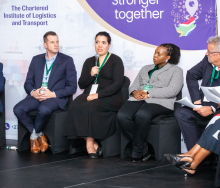Finance Minister Enoch Godongwana is expected to give the green light to the planned increase in taxes towards raising an additional R15 billion in revenue for the 2024/2025 fiscal year when he delivers his budget speech on Wednesday, February 21.
This was the forecast of PwC’s South Africa economists in the latest Africa Economic Outlook report for 2024 released on Tuesday.
PwC said it anticipates that South Africa’s fiscal space will be constrained in 2024 due to weak revenues and rising debt-servicing costs.
“Elevated debt, tight financial conditions and tepid economic growth is putting pressure on fiscal sustainability while increasing vulnerability to external financial shocks.
“The fiscal situation is also detracting from other government work as policymakers across many countries face trade-offs between maintaining fiscal stability and other priorities. These include investment in reaching Sustainable Development Goals (SDGs).
The Medium Term Budget Policy Statement (MTBPS) in November 2023 made downward
revisions to National Treasury’s expectations for tax revenue in 2023/2024.
“Our projections, based on data from the first nine months of the 2023/2024 fiscal year, indicate that total revenue collections will be broadly in line with the revised estimates in MTBPS 2023,” PwC said.
“It is understood that National Treasury was hoping that revenue collections for the current fiscal year will exceed the MTBPS 2023 forecast, that the revenue outlook for the medium term improves alongside this, and that tax increases would not be necessary in 2024/2025.”
The professional services provider’s expectations for revenues to match the MTBPS 2023 forecasts reflect a balance between the positive impact of strong job growth on taxes and the negative impact of lower imports. Personal Income Tax (PIT) collections have been performing better than anticipated on the back of higher-than-expected job creation in 2023.
Total employment increased by 6.2% y-o-y in 2023Q3 while basic salary/wages paid to employees in the formal non-agricultural sector increased by 7.2% y-o-y.
Customs duties and import Value-Added Tax (VAT) have been pressured by a drop in renewable energy investment and challenges to logistics processes at local ports. Imports declined by 9.0% y-o-y in December 2023.
PwC estimates that the 2023/2024 fiscal year will see a budget deficit equal to 5.1% of GDP.
Looking ahead at the 2024/2025 fiscal year, the MTBPS 2023 pencilled in a deficit equal to
4.6% of GDP, while PwC projects 4.9% of GDP.
Lullu Krugel, PwC’s chief economist for South Africa said the country’s fiscal space will be constrained in 2024/2025 due to weak revenues and rising debt-servicing costs.
“High and growing debt-service burdens are limiting the ability to invest towards the SDGs.
“For South Africa, this increases obstacles to tackling the country’s triple challenges of unemployment, poverty and inequality. Budget 2024 will need to show how, under constrained fiscal conditions and plans to increase tax rates, the South African government will prioritise financing of SDGs this year,” Krugel said.
“The finance minister has acknowledged in recent months that increasing taxes in the current economic environment would be difficult. By our estimates, to raise an additional R15bn in tax revenues would require increasing the PIT rates by 0.5 percentage points across all tax bands, or one percentage point on those earning more than R500,000 a year. Alternatively, National Treasury could look at increasing the VAT rate by 0.5 percentage points to 15.5%,” she said.
Kyle Mandy, a tax policy leader at PwC South Africa, said the MTBPS 2023 indicated the need to increase taxes to raise an additional R15bn in revenue during 2024/2025.
“Given that tax revenues this year are expected to be broadly in line with what was forecast in MTBPS 2023, we expect that the National Treasury will proceed with tax increases to raise this amount.
“The key question is what form the tax increases will take, with a tough decision that needs to be made between PIT and VAT. Increasing either of these will draw the ire of hard-working South Africans,” she said.
